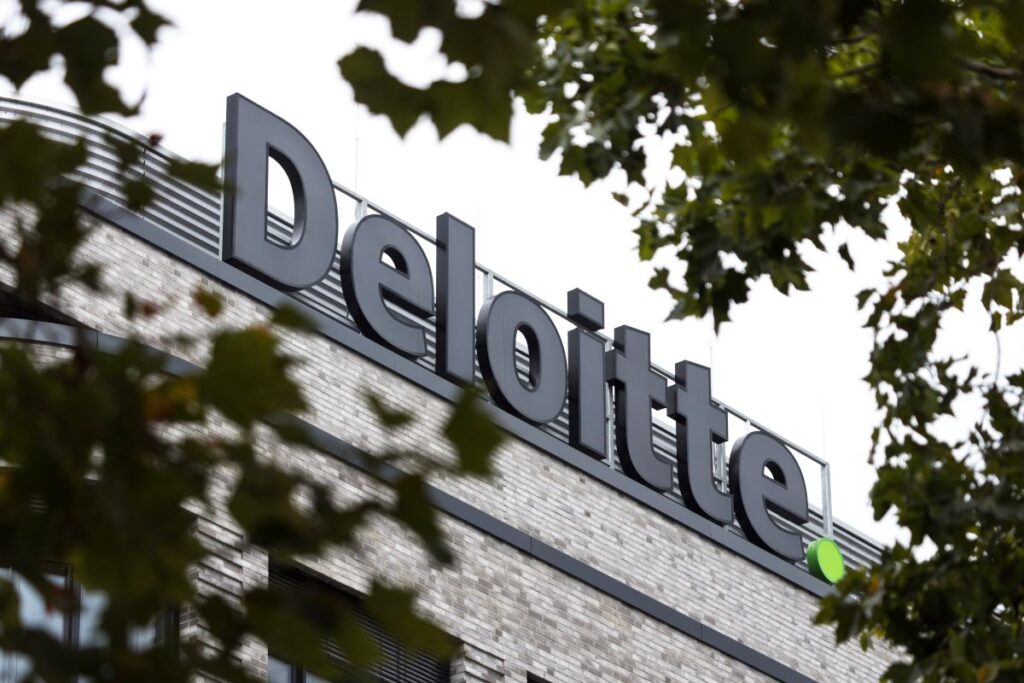Banks and large institutional players are looking for avenues into the stablecoin industry following PayPal’s latest crypto foray, according to Deloitte Principal and Partner Richard Rosenthal.
In conversation with Paxos Head of Strategy Walter Hessert, the executives discussed the benefits that dollar-pegged crypto tokens can provide to markets, and how recent developments are making firms more willing to dabble with them.
“A lot of banks have been studying and exploring how to engage,” said Rosenthal during an American Banker podcast episode published on Tuesday. He continued:
“Do I become a reserve bank? Do I bank a lot of the cash that’s underpinning the stablecoin? Do I provide the infrastructure to help settle, issue, and support the circulation of stablecoins?… They see the opportunity. So they’re going to engage.”
Stablecoins are crypto tokens value-pegged to relatively “stable” assets such as fiat currencies like USD. The most popular stablecoins available today include Tether USD (USDT) and USD Coin (USDC), whose issuers back their tokens with multi-billion dollar reserves mainly comprised of cash and U.S. Treasuries.
Starting earlier this year, Rosenthal’s firm Deloitte began auditing financial statements for Circle, the issuer behind USDC. Furthermore, the company audits Coinbase – America’s only publicly listed crypto exchange which also provides asset custody for the world’s largest Bitcoin fund, Grayscale.
The executive believes tokenizing dollars and other assets could do numbers to unlock market liquidity that’s otherwise locked in “existing settlement cycles” – particularly cross-border transfers. Tokenized assets are also compatible with smart contracts, which make processes “more efficient” through “automated logic.”
“Clients, banks and the market are looking at a range of use cases, from securities lending to tokenized money market funds, bank deposits, mortgage servicing rights to digitized repos,” he continued.
PayPal’s Entry Into Stablecoins
PayPal announced its new Web3-focused stablecoin PYUSD in August, which now boasts a market cap of $44.4 million. Since launch, the Securities and Exchange Commission (SEC) issued a subpoena against the payments company requesting documents related to its token.
The regulator also forced Paxos to wind down its BUSD stablecoin in February, claiming that the token was an unregistered security. Nevertheless, both Paxos and Deloitte view PayPal’s offering as game-changing for the industry.
“They’re saying to other payments companies… that stablecoin is a real product,” said Paxos’ Hessert. “It’s now a trusted product that you can hold. It’s a safer product that’s backed by PayPal.”
Read the full article here













